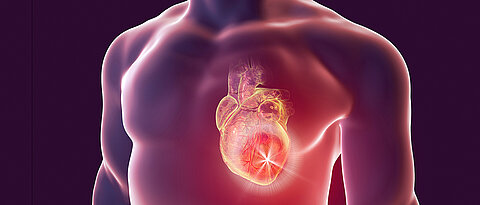
Scientists of University of Würzburg have for the first time succeeded in generating beating cardiac muscle cells from special stem cells. They may provide a new approach for the treatment of heart attacks.
more
Scientists of University of Würzburg have for the first time succeeded in generating beating cardiac muscle cells from special stem cells. They may provide a new approach for the treatment of heart attacks.
more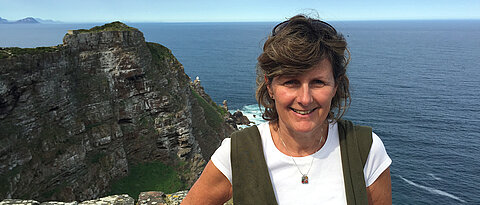
Valérie Guérin-Sendelbach studied political science, economics and history in Würzburg. At the age of 52, the teacher has taken a break from her job to go to Kenya with a volunteer service.
more
The evolution biologist Dr. Kenji Fukushima is awarded a prize money of about 1.6 million euros by the Alexander von Humboldt Foundation. He will use the money to build up a new working group at the University of Würzburg.
more
The prestigious Shanghai Ranking has placed the University of Würzburg among the world’s top 200 universities – as one of three Bavarian and 14 German universities.
more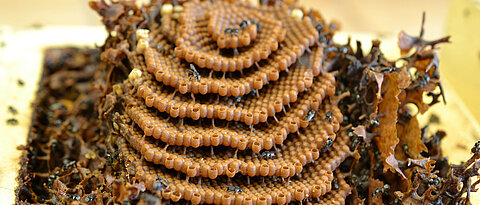
Stopping bee extinction is a goal of scientists. Researches under the leadership of the University of Würzburg have discovered that a diversified plant environment helps bees in maintaining stable populations.
more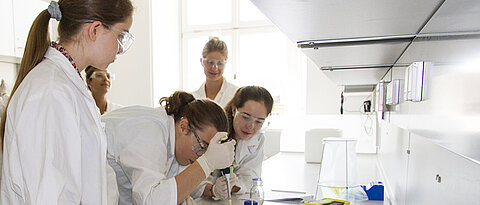
Ten years ago the school laboratory of the German Rudolf Virchow Center was founded, where pupil get engaged in the current research of biomedicine. So far, 5,592 students have participated.
more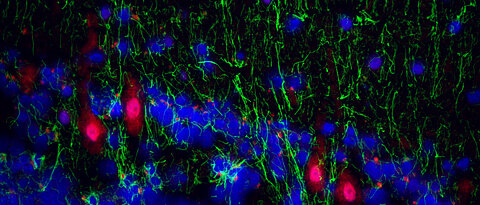
Do viruses trigger psychiatric disorders? A new Würzburg study suggests this conclusion. Accordingly, special disorders are associated with a high rate of infection of a specific herpesvirus.
more
On their quest to finding a better way to diagnose the condition, scientists have now reported a success. Their approach provides a correct diagnosis more quickly and reliably.
more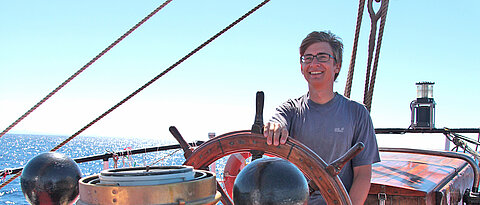
Sven Heinrich studied geography at the University of Würzburg. Today, he is a permanent crew member of the "Thor Heyerdahl" sail training ship.
more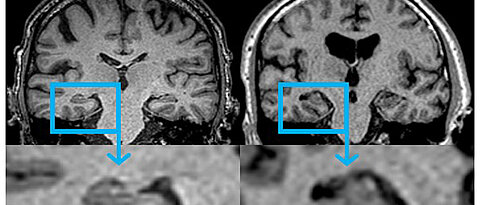
Patients suffering from congestive heart failure tend to have cognitive deficits. This is not because of the heart's reduced pumping capacity as a research team from Würzburg has recently found.
more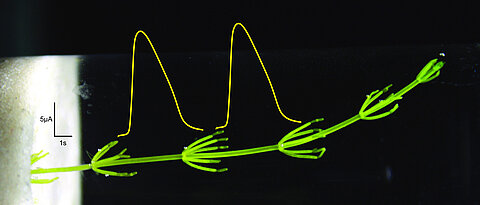
The genome of the algae species Chara braunii has been decoded. It already contains the first genetic characteristics that enabled the water plants' evolutionary transition to land.
more
How does climate change affect biodiversity and ecosystem performance in Bavaria? Which strategies can counteract the impacts? The new Bavarian research alliance "LandKlif" seeks to answer these questions.
more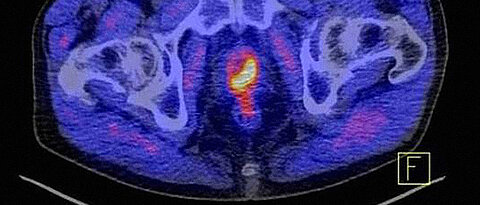
The German Cancer Aid will set up one of five Mildred Scheel Junior Research Centers in Würzburg. The center aims to provide ideal working conditions for young cancer researchers.
more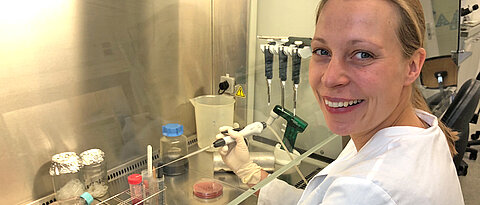
Christine Lehman studied biology at the University of Würzburg. Today, she is in Hamburg researching the complex life cycle of Plasmodium falciparum, the parasite that causes malaria.
more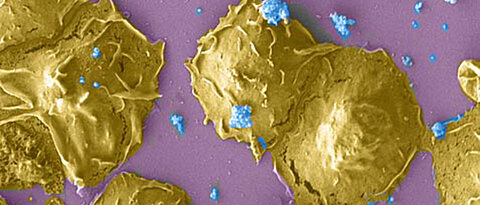
When Chlamydia attacks the human body the immune system starts its defence mechanisms. But the bacteria find a way to defend themselves. Scientists from Würzburg have deciphered new details of their strategy now.
more